
Recent guideline updates for squamous cell skin cancer add adjuvant cemiplimab as a preferred option for certain patients with very high-risk disease.

Recent guideline updates for squamous cell skin cancer add adjuvant cemiplimab as a preferred option for certain patients with very high-risk disease.
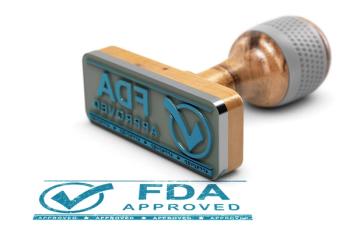
This approval was based on data from the Beamion LUNG-1 trial.

Data from the phase 3 BREAKWATER trial supported full FDA approval of the encorafenib combination for metastatic CRC with a BRAF V600E mutation, demonstrating significant survival gains.

The approval, dupilumab's ninth in the US, is supported by the phase 3 LIBERTY-AFRS-AIMS trial.

FDA draft guidance outlines a new pathway to speed up approval of individualized genome and RNA therapies for rare diseases when RCTs are not feasible.

FDA approves 4-dose KwikPen for tirzepatide (Zepbound; Eli Lilly), offering a full month of weight management treatment in 1 device.

The FDA approved acalabrutinib and venetoclax, a fixed‑duration all‑oral CLL/SLL first‑line combo, based on phase 3 AMPLIFY trial data.

Today's approval enables once-monthly SC amivantamab dosing for patients with EGFR-mutant NSCLC, reducing clinic visits without compromising efficacy or safety.

The FDA granted sibeprenlimab accelerated approval for nephropathy after data showed it cut IgA nephropathy proteinuria by about 50% via APRIL inhibition.

The FDA approved Optune Pax, a first-of-its-kind portable device delivering tumor-treating fields for locally advanced pancreatic cancer treatment at home.

To protect patients, the FDA will restrict ingredients in unapproved compounded GLP‑1 drugs and crack down on misleading marketing.
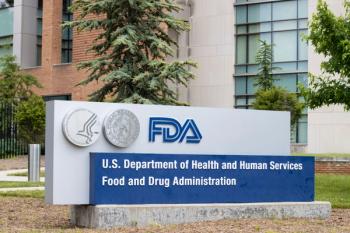
Aquestive Therapeutics receives a complete response letter for dibutepinephrine (Anaphylm), a sublingual epinephrine therapy.
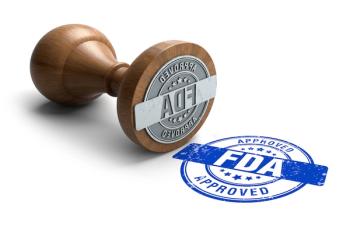
This approval brings the total indications for daratumumab and hyaluronidase to 5 in newly diagnosed disease and its 12th overall.
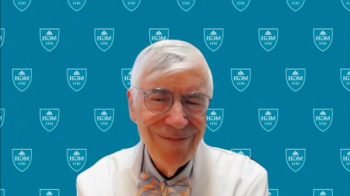
The most pressing questions in ITP involve finding a cure and developing treatments safe for use during pregnancy.

Rilzabrutinib (Wayrilz; Sanofi), a BTK inhibitor, targets immune-mediated platelet destruction in immune thrombocytopenia (ITP) and has demonstrated a favorable safety profile.
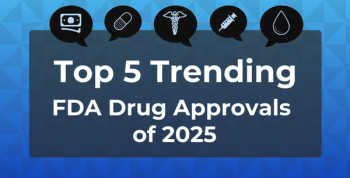
These pieces highlight several newly approved therapies that expanded treatment options across multiple disease states.

Explore how patient experience data shapes regulatory drug decisions, enhancing the patient-focused drug development initiative for better treatment outcomes.
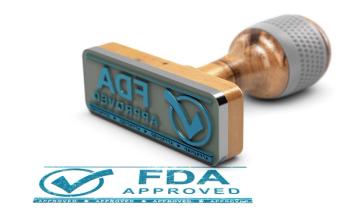
The FDA approves Wegovy, the first oral GLP-1 pill, offering a new weight loss solution for those struggling with obesity and overweight.

The FDA approved subcutaneous mosunetuzumab for relapsed follicular lymphoma, providing a more convenient outpatient option.
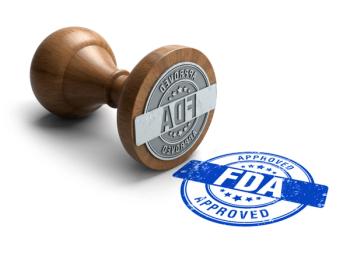
The cardiac myosin inhibitor is expected to be available in the US in the second half of January 2026.

The approval was based on the pivotal phase 3 FIBRONEER-ILD trial, in which nerandomilast slowed lung function decline in PPF and had similar discontinuation rates to placebo.

The approval of subcutaneous amivantamab can offer a more accessible means of treatment for patients with non–small cell lung cancer (NSCLC).

The FDA approved subcutaneous amivantamab with recombinant human hyaluronidase for EGFR-mutated NSCLC based on the phase 3 PALOMA-3 trial.

Rucaparib’s full approval for BRCA-mutated mCRPC is supported by data showing significant gains in radiographic progression-free survival.

Twice-yearly depemokimab cuts asthma exacerbations in phase 3 trials for patients aged 12 and older with severe eosinophilic asthma.

Intranasal etripamil was approved to self-treat episodes of paroxysmal supraventricular tachycardia, supported by phase 3 RAPID trial data.

Today, the FDA issued new guidance allowing de-identified real-world evidence in certain medical device applications, removing a barrier to using large data sources.

The FDA approved trastuzumab deruxtecan plus pertuzumab for first-line HER2-positive metastatic breast cancer after DESTINY-Breast09 showed major PFS gains.

Lerodalcibep-liga subcutaneous injection is now approved for adults with hypercholesterolemia, including heterozygous familial hypercholesterolemia.

Inebilizumab gains FDA approval for treating generalized myasthenia gravis, showing significant improvements in muscle strength and steroid reduction.